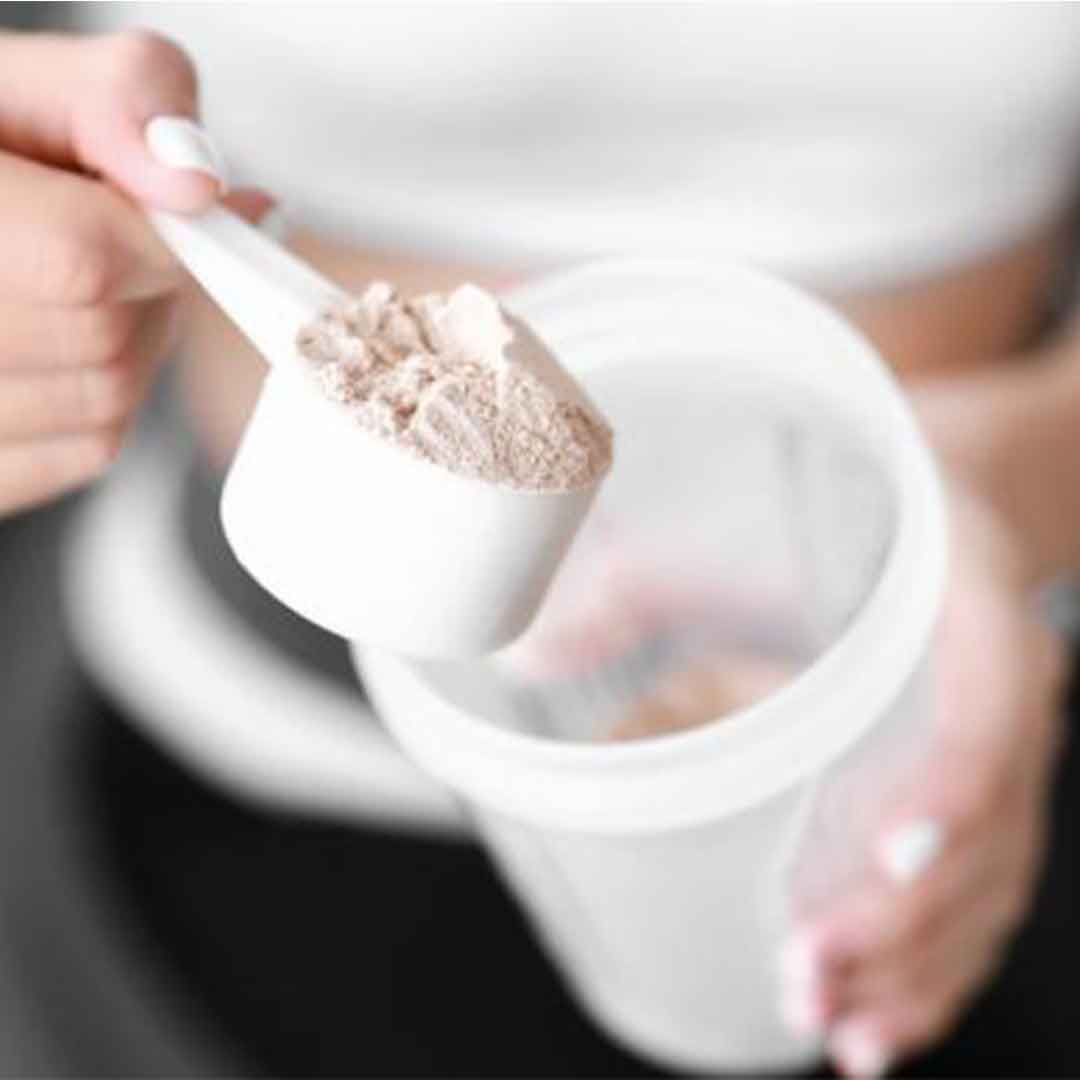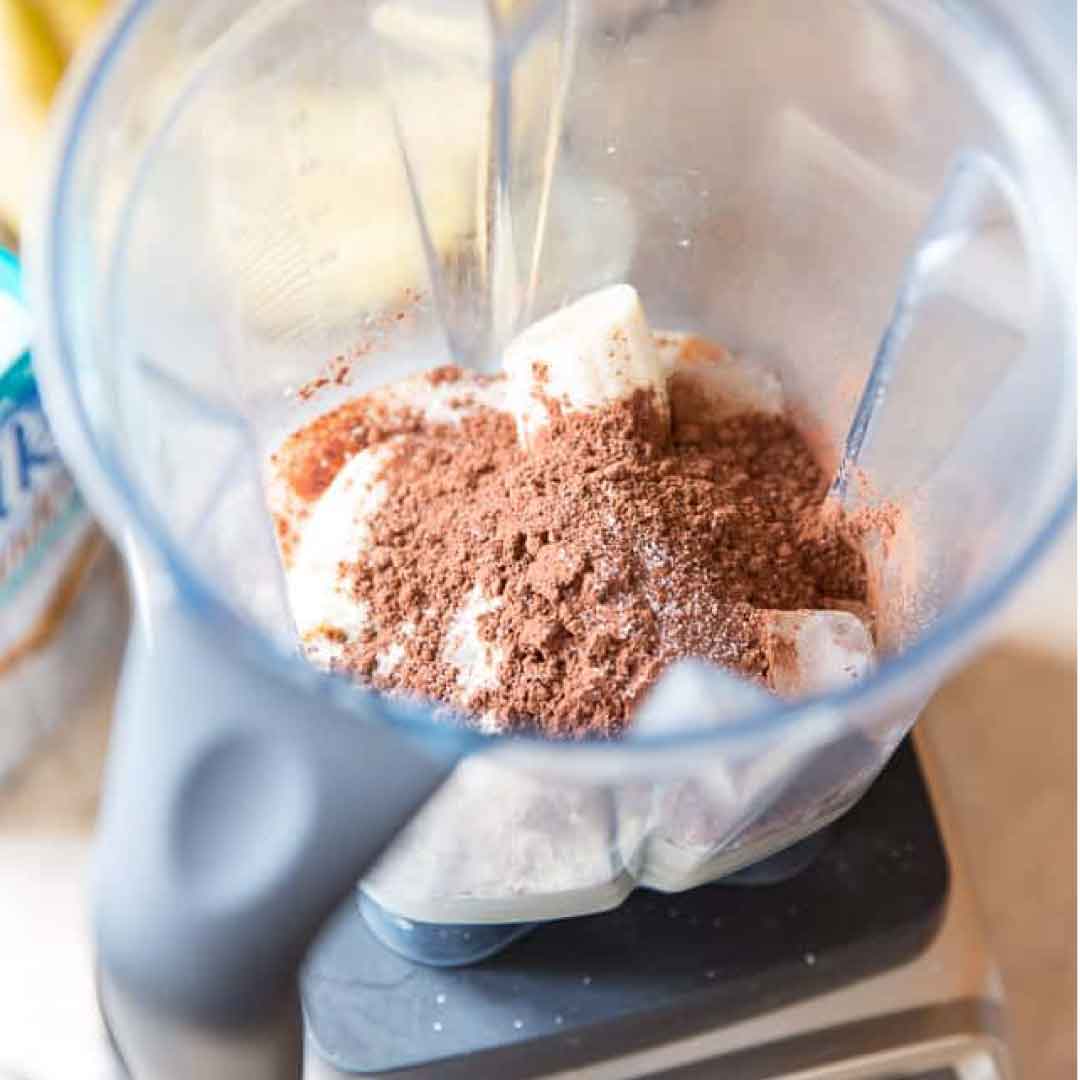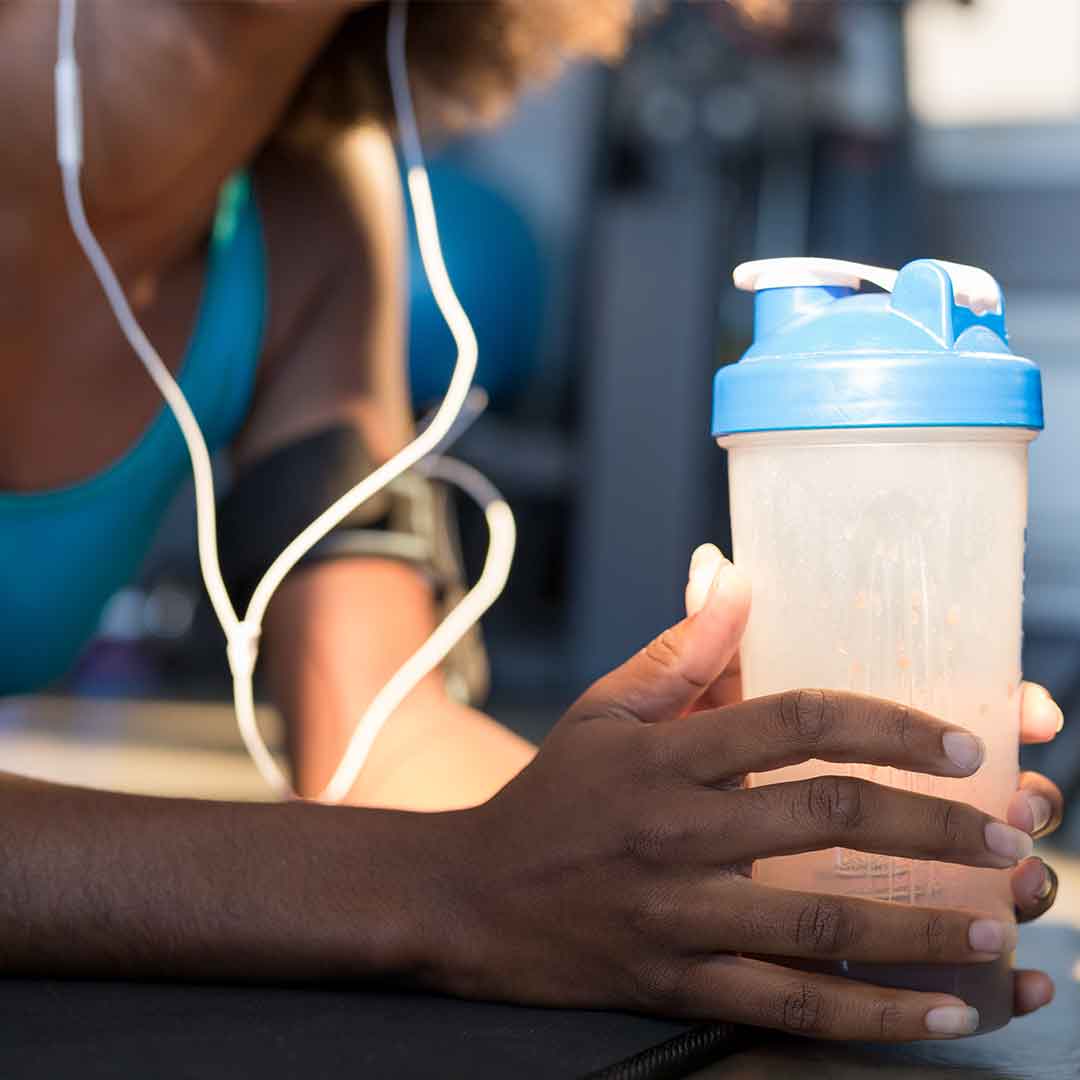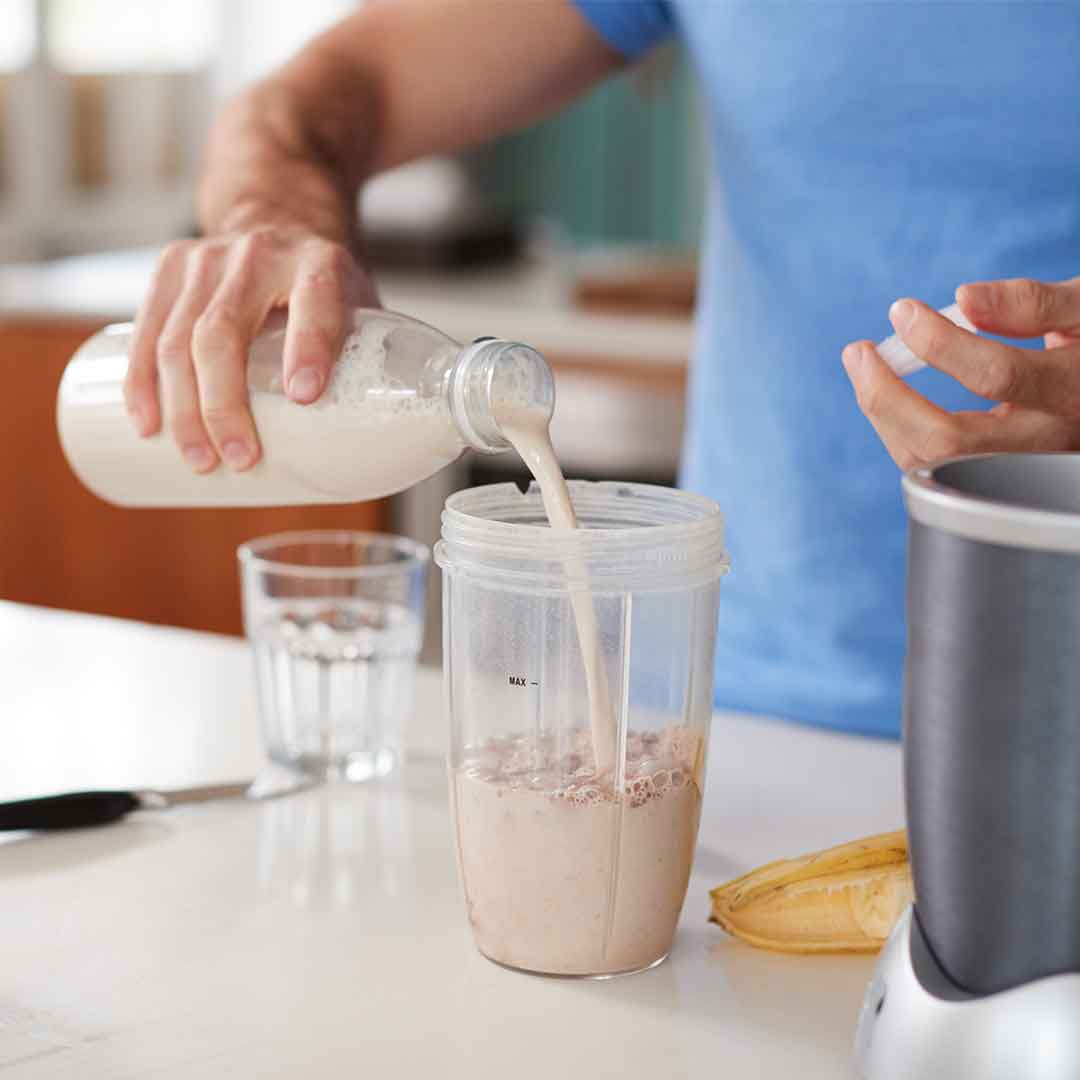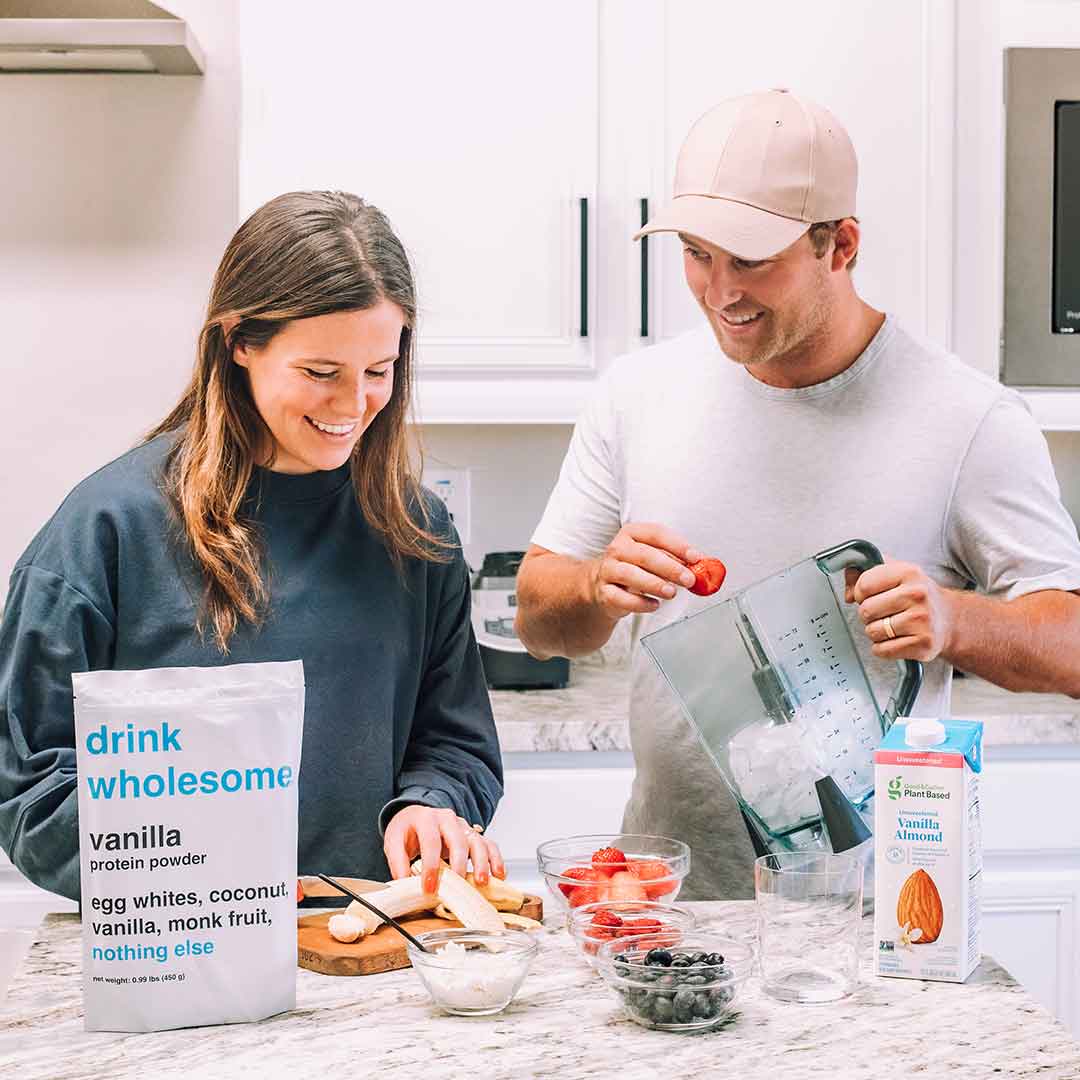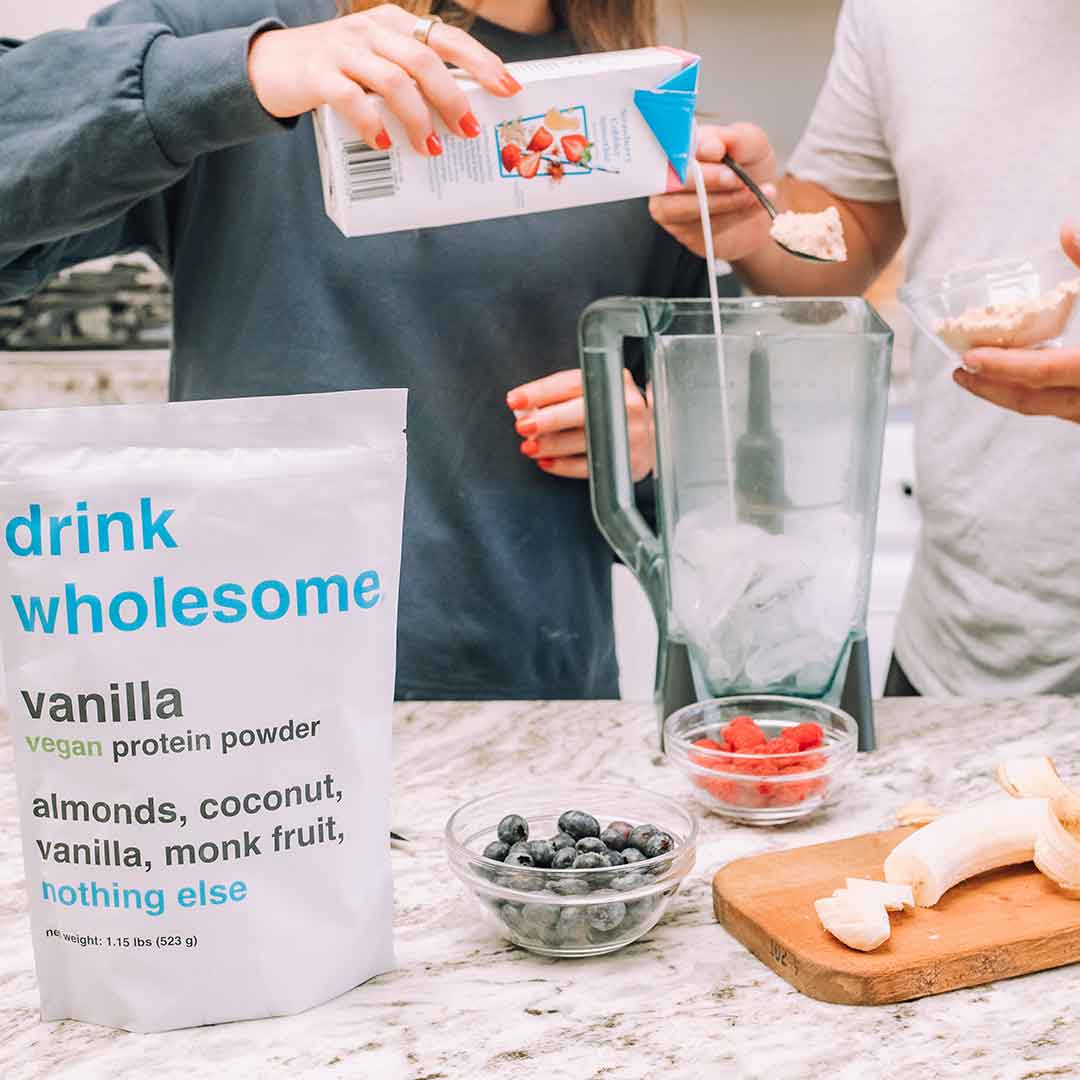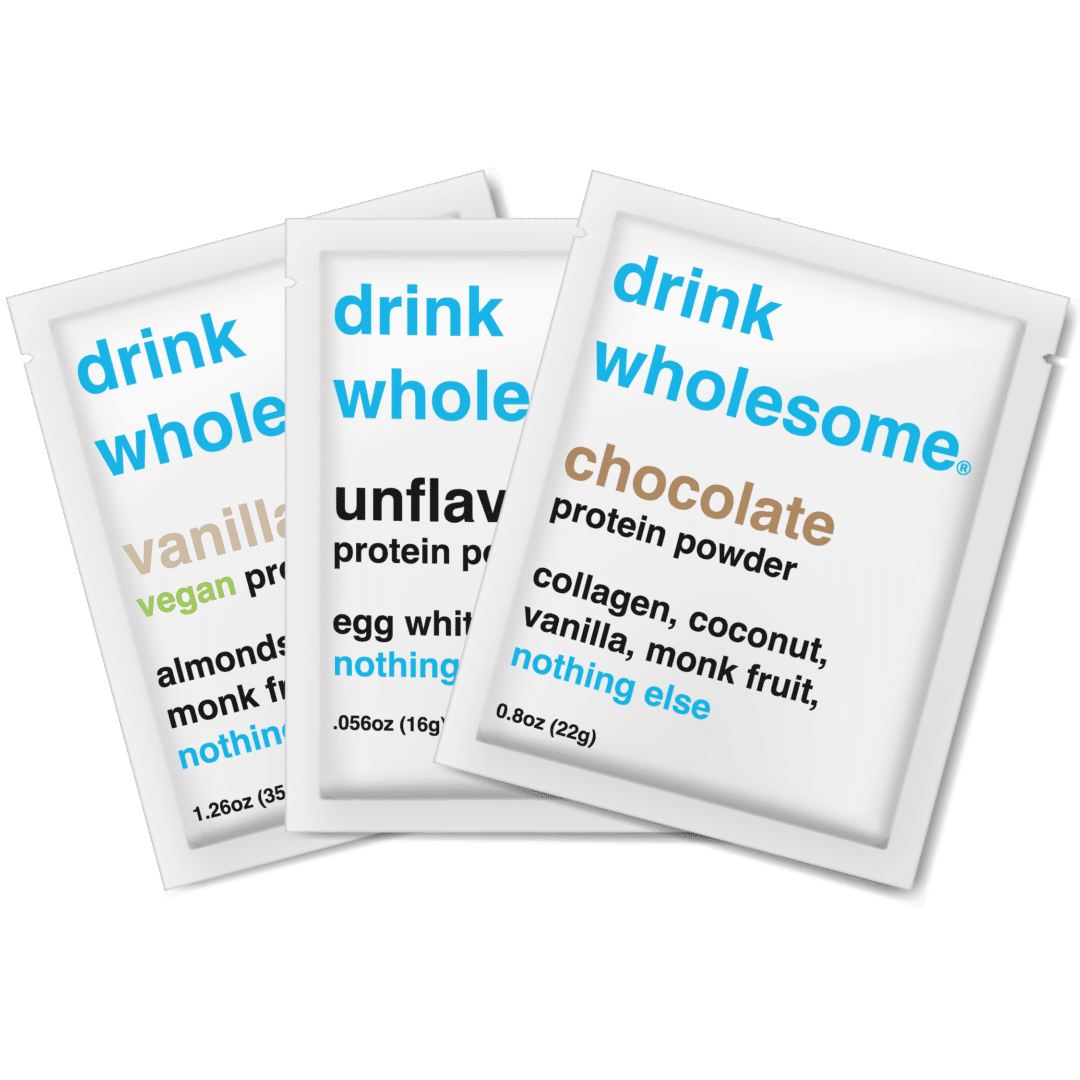How many calories are in a protein shake?
The number of calories in a protein shake varies from brand to brand and depends on several factors, including the type of protein, the serving size, and the added ingredients. Most protein shakes range from 100 to 300 calories per serving.
If you are using a ready-to-drink protein shake, the calorie content is listed on the Nutrition or Supplement Facts. As long as you do not mix your protein shake with anything else, you will know exactly how many calories you are drinking.
If you are making a protein shake with protein powder, the calorie content will depend on the calorie content of the protein powder itself, how much protein powder you use, and what you mix the protein powder with. If you read the Nutrition or Supplement Facts, use the recommended serving size, and mix your protein powder with only water, you will know exactly how many calories you are drinking. If you adjust the serving size, or use ingredients like milk, frozen fruit, or nut butter, the calorie content can vary considerably.
Keep in mind that the U.S. Food and Drug Administration (FDA) allows for a 20% margin of error on Nutrition Labels. This means that there could be 20% more or fewer calories in your protein supplement than what is listed. A protein shake with 200 calories could therefore contain as few as 160 calories, or as many as 240 calories.
It is also important to acknowledge that scoops, especially heaping scoops, are not an accurate measure of serving size. The amount of protein powder in a scoop can vary considerably depending on how densely the powder is packed, so for an accurate serving size, you must weigh your protein powder using a kitchen scale. The serving size is always listed in grams (g) on the Nutrition or Supplement Facts panel.
Given all of the variables that can affect calorie content, it is not something worse stressing over. If you are looking to make a protein shake with the fewest number of calories, find a protein powder with a short list of ingredients and mix it with only water. On the contrary, if you want a high calorie protein shake, blend protein powder with ingredients like milk, banana, and peanut butter.


